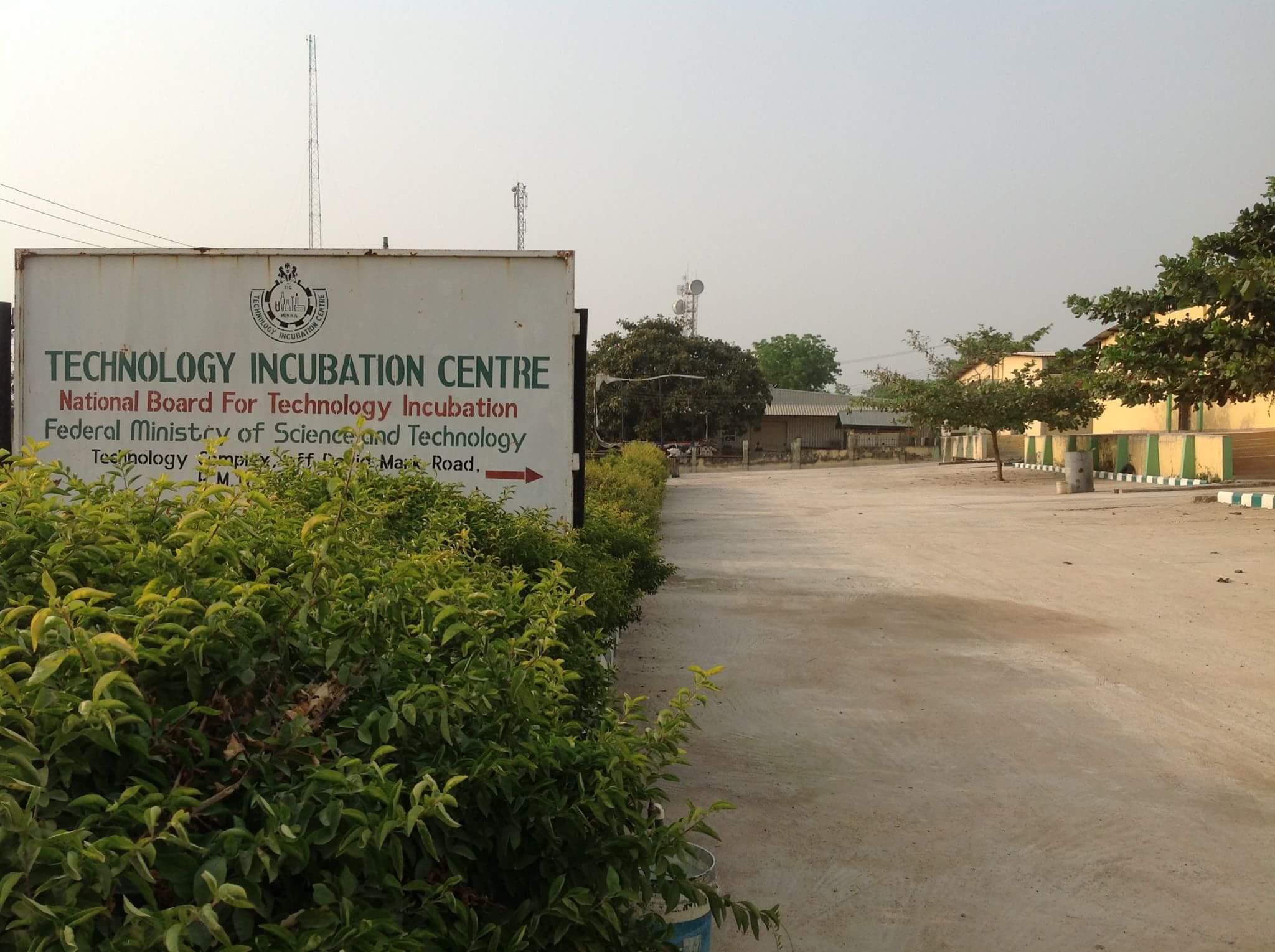In a bid to support entrepreneurship through sustainable promotion of small and medium enterprises (SMEs), the Nigerian government, headed by different administrations, has come up with one initiative or the other.
These initiatives, by empowering Nigerians to become independent, usually aim to reduce unemployment, create wealth and contribute significantly to the country’s economy. Unfortunately, many of them have had little or no social impact.
One of such is the Technology Incubation Centre (TIC) which was established officially in 1992 during the regime of General Ibrahim Babangida, under the Federal Ministry of Science and Technology.
The first TIC was established in Agege, Lagos in 1993. Over the years, it has been reportedly replicated in 27 states in all six geo-political zones of the federation with the promise of one TIC per state in the future.
An afternoon at the Technology Incubation Centre, Lagos
My experience began with the herculean task of finding the location of the centre in the Pen Cinema area of Agege, Lagos. It didn’t help that the ongoing bridge construction in the area blocked its major entrance and that most people I asked were ignorant of its existence.
I did eventually find the centre. From its name, one might deduce that the Technology Incubation Centre is a place that nurtures early-stage technology startups. However, before I left the centre at the end of the day, I was convinced that its most substantial benefit is the provision of workspaces.

According to an official of TIC, Lagos, application costs ₦5000 and when accepted into the three-year programme, entrepreneurs stand to enjoy the benefit of using the TIC address as their trading address as well as business and production advice, marketing, tax exemption, access to government-organised SME seminars and exhibitions.
Before being accepted either as internal or external incubatees (depending on the availability of space), entrepreneurs need to have registered their businesses under the Corporate Affairs Commission (CAC), gotten all necessary certifications and have a business plan. The official however assured me that the centre could assist in securing these documents as long as you are willing to foot the bills.
Since the spaces are limited, only applicants with satisfactory products in terms of quality, packaging and labelling are accepted as incubatees. Basically, you should have almost everything concerning your business all figured out.
Judging by the mandate of the initiative and claims from the office of the National Board for Technology Incubation, compared to anecdotal evidence from some of the incubatees I interacted with, the centre is not doing much in nurturing businesses.
According to one of the incubatees, the incubation centre’s idea of giving business advice is the occasional visits from the Bank of Industry and National Agency for Food and Drug Administration and Control (NAFDAC) and their idea of marketing is inviting their entrepreneurs to exhibit at annual trade fairs and conferences.

“At the end of the day, the people who run these centres are civil servants, they are not entrepreneurs or professionally trained. Imagine getting business advice from someone who is probably a fresh graduate with no experience or training in running a business”.
He also mentioned that there are a few businesses that have stayed longer than the expected duration of the programme because they have “nowhere else to go”. This is why spaces are not available for new incubatees at the moment.
According to another incubatee, there’s not much to the place than the workspace provided and the benefits of working in a cluster; collaboration and networking.
“They give you a space and you have to provide everything else. If you run a business that requires machinery that is capital-intensive, you would have to buy them on your own. We pay electricity bill and have to run generators and buy water when there’s no power,” he laments
For a programme that costs the government millions of Naira every year, the Technology Incubation Programme is operating far below its potential.
Untapped potentials of technology incubation centres
In developing countries like India, Brazil, China and Russia where government-owned technology incubation centres have proven to be great accelerators for nation building through entrepreneurship, the governments of the these countries partner with universities and private organisations.
The universities provide resources for research and development (R&D) while the private organisations see to running the establishments with the government contributing to funds and providing an enabling environment for businesses through policies.
The centres support mostly technology startups and in addition to office spaces, they provide seed capital, mentoring support, consultancy services including legal advice, ICT facility and other incubator support services for entrepreneurs.
This model has seen the emergence of thousands of viable and innovative startups that have gone on to attract venture funds from all over the world.
It is however understandable that their Nigerian counterparts are taking a slightly different approach of incubating all kinds of manufacturing businesses considering our local societal, cultural, economic and financial peculiarities.
Notwithstanding, there is a need for the federal government to restructure the concept of the Technology Incubation Centre initiative in Nigeria to focus on technology-enabled products and services, development of indigenous technologies while prioritising research and development.
By reconstructing the entire system, its innovative products, even those in traditional industries can attract venture funds that would help them scale and make considerable impact on the economy.
Since there are many business owners who do not have access to private-owned incubators in Nigeria, TICs, if managed and supported through a public-private partnership, will go a long way to help nurture many Nigerian businesses to become scalable and profitable enterprises.
However, this can only happen if the government puts the allocated funds to good use.
Featured Image source: Facebook












